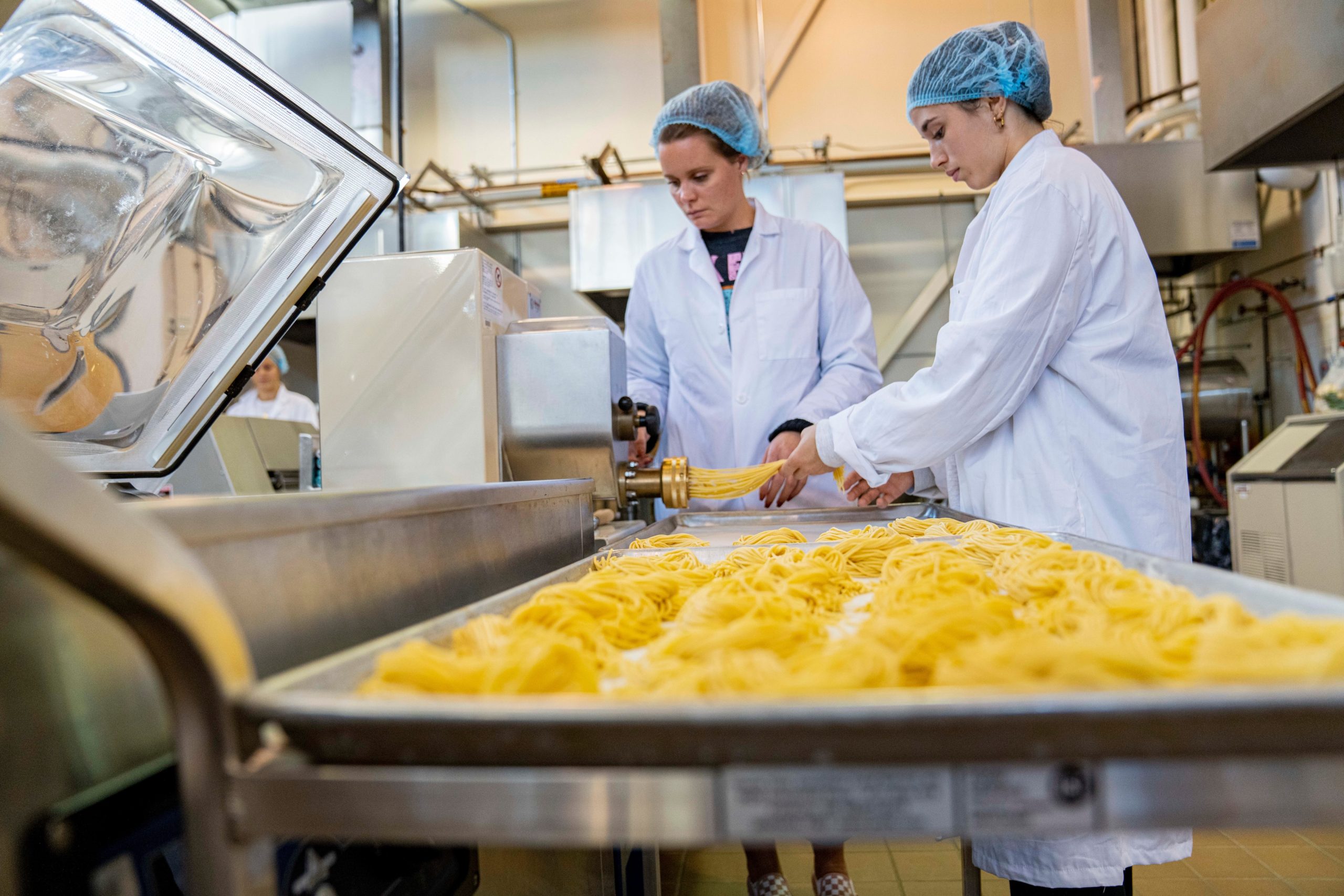
Online Graduate Certificate in Food Technology

12 Credits

Fall Deadline: March 15 | Spring Deadline: October 15 | Summer Deadline: February 15

No GRE/GMAT Required
About the Program
The online Graduate Certificate in Food Technology integrates the latest in food science with the core concepts of the food production industry. Students can apply principles of food science in the preservation, processing, packaging, and distribution of safe food. They also explore the innovative and unique concepts of some of the most influential trends – fermentation and organic and natural foods – preparing you to excel in today’s evolving food industry.
This certificate may lead to a M.S. in Food Science and Human Nutrition.
Contact Us
Have questions about earning your Graduate Certificate in Food Technology online with UMaine? Contact a UMaineOnline advisor.
Curriculum
Our curriculum addresses the “hot topics” of current food technology trends while providing a foundation for understanding the general industry.
Courses passed with a B or higher can be applied toward the M.S. in Food Science and Human Nutrition.
Admissions
Application Deadlines
- Fall Semester: March 15
- Spring Semester: October 15
- Summer Semester: February 15
Applications received after these dates will be considered as space permits.
Careers
A certificate in Food Technology broadens your knowledge base, opening up opportunities and expanding your access to different markets. Professionals with undergraduate education in chemistry, microbiology, nutrition, or engineering can gain the expertise needed to work in the food industry. Current food industry professionals can update their skill sets with new processing and quality assurance knowledge. The certificate especially benefits entrepreneurs interested in tapping into the healthy foods market. This program can prepare you for specialization in fields like:
- Product Development
- Food Safety & Quality
- Research and Development
- Preservation and Packaging
- Sensory and Consumer Science
- Brewing
According to the U.S. Bureau of Labor Statistics (BLS), employment of agricultural and food scientists is projected to grow 6% from 2022 to 2032, with about 3,000 openings per year. The median annual wage for agricultural and food scientists was $76,400 in May 2023, higher than the median yearly wage for all occupations of $48,060.
According to the Institute of Food Technologists’ 2024 compensation and Career Path Report, the median salary for food science professionals was $107,300 in late 2023. Geographical location, level of education, and food science specialization also influence salaries.






